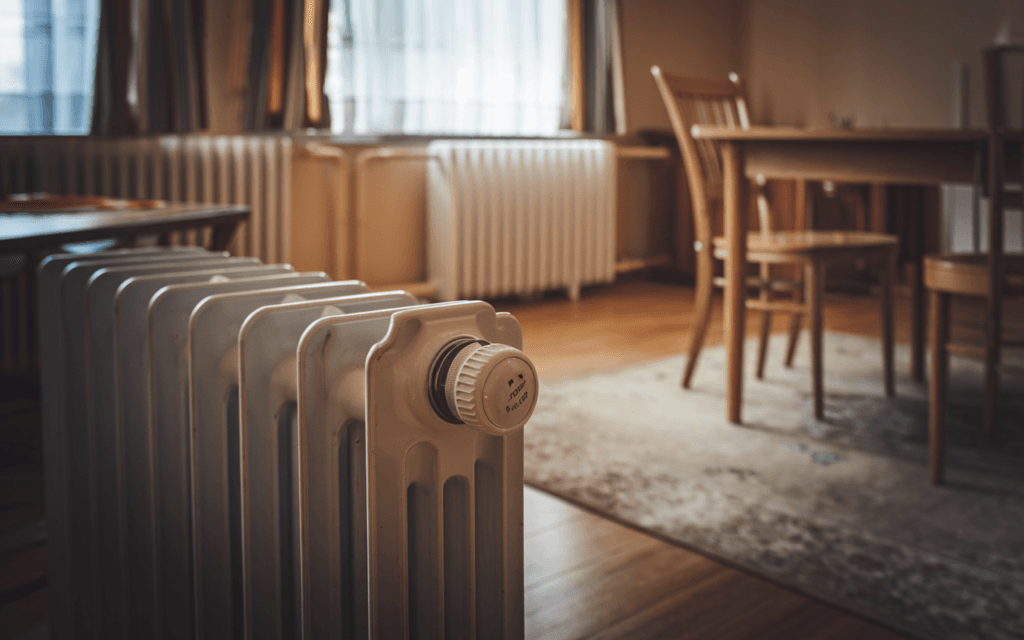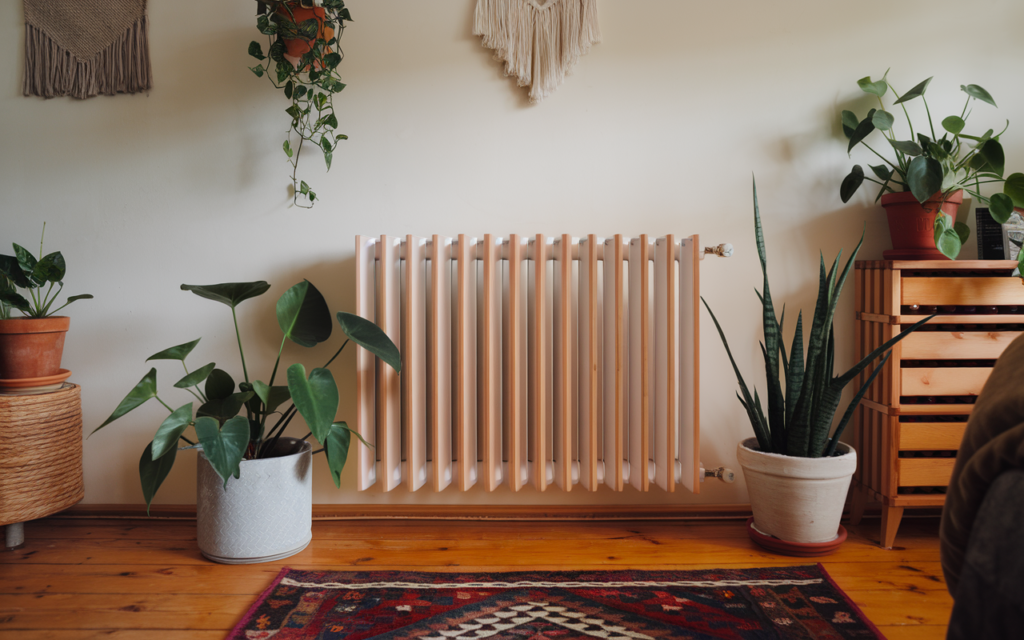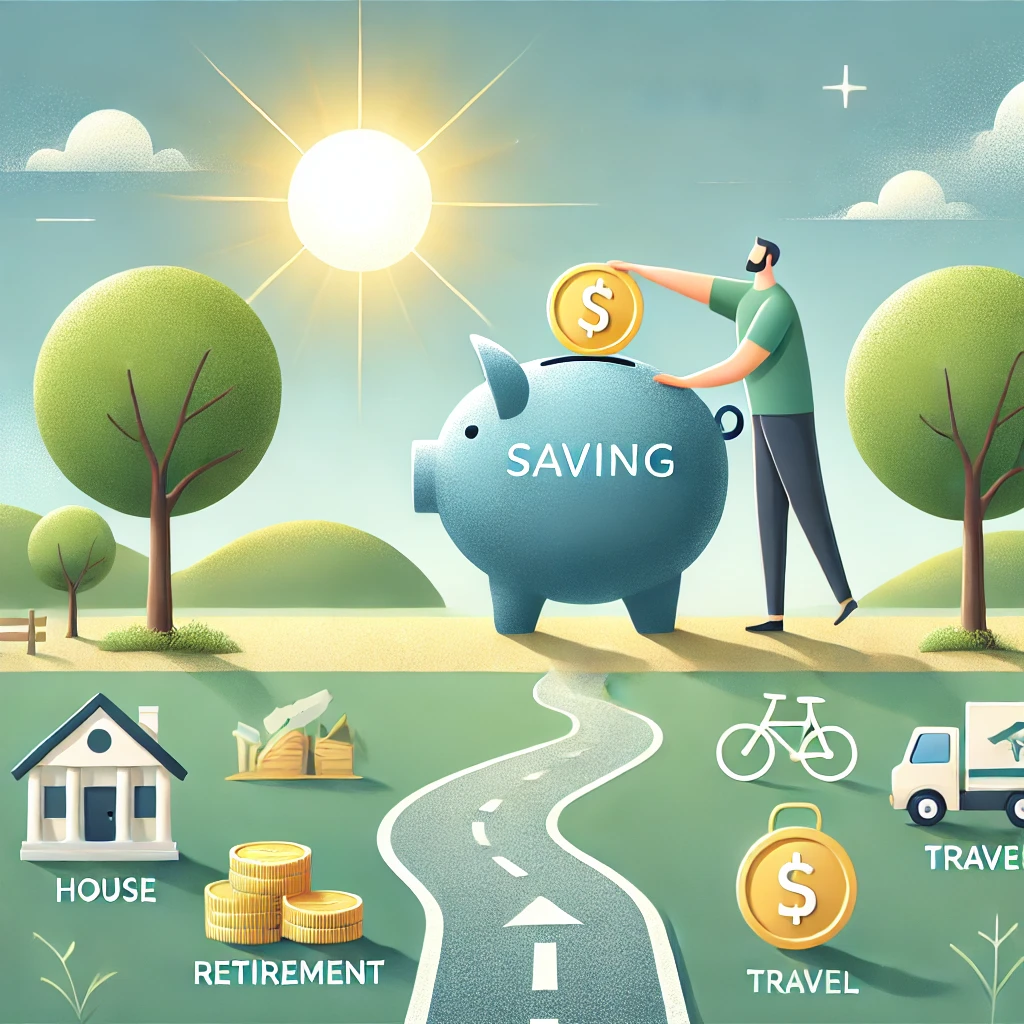Managing your home’s heating is essential to saving on energy bills. Turning off or reducing heat in unused rooms can lower your costs, but there are several factors to consider, such as the type of heating system, thermostat location, and the potential impact on your home. Let’s dive deeper into the benefits, potential drawbacks, and commonly asked questions about turning off radiators.

Benefits of Turning Off Radiators
- Lower Energy Use
When you turn off a radiator in an unused room, the boiler doesn’t need to heat water for that radiator. This lowers the boiler’s overall energy consumption and concentrates its efficiency on rooms in use. Over time, this can lead to noticeable savings. - Faster Heating in Used Rooms
Fewer active radiators mean less strain on the boiler. The rooms with radiators left on will warm up more quickly, helping the boiler reach its target temperature faster and shut off sooner. This can reduce gas or electricity usage. - Cost Savings
Many households report savings by using thermostatic radiator valves (TRVs). These valves allow you to control the temperature in each room individually. By turning them down in unused rooms, you prevent unnecessary heating and reduce your energy bills. - Eco-Friendly Heating
Lower energy usage means a smaller carbon footprint. By heating only the spaces you use, you contribute to a more sustainable environment while saving money.

Drawbacks of Turning Off Radiators
- Boiler Efficiency May Be Affected
Modern condensing boilers operate most efficiently when cooler water returns to them. If you turn off too many radiators, the system might become unbalanced. This could make the boiler work harder and reduce its efficiency, potentially increasing your energy consumption. - Damp and Mold Risks
Completely unheated rooms can become cold and damp, especially in winter. Moisture in the air may condense on cold walls, leading to mould and mildew, which can damage your home and harm your health. Setting radiators to a low level in unused rooms can help prevent this. - Thermostat Issues
If your thermostat is in a cold, unheated room, it may sense the lower temperature and keep the boiler running longer than necessary to reach the set temperature. This could cancel out any savings from turning off other radiators. - Imbalanced Heating System
Turning off too many radiators can disrupt the flow of hot water in your system. This can lead to uneven heating, with some rooms becoming too warm while others stay cold.
How to Turn Off Radiators Effectively
- Use TRVs
Instead of turning off radiators completely, set the TRVs to a low level, such as the frost protection setting. This keeps the room slightly warm, preventing dampness and maintaining efficient boiler operation. - Check Boiler Settings
If you have a condensing boiler, review the manual or consult a professional to ensure your system works efficiently with some radiators turned off. Modern systems are generally adaptable, but older boilers may not handle unbalanced systems well. - Heat Unused Rooms Occasionally
Even if you don’t use a room often, heat it occasionally to prevent dampness. Regularly ventilating the room can also help reduce moisture buildup. - Balance the System
Balancing your heating system ensures even distribution of heat across your home. A professional heating engineer can adjust the valves to optimise your boiler’s performance. - Monitor Thermostat Placement
If your thermostat is in an unheated room, consider relocating it to a central, consistently heated location. Alternatively, use a smart thermostat that monitors multiple zones.
FAQs About Turning Off Radiators
- Does turning off radiators save money?
Yes, it can save money by reducing energy use, but only if you manage the system properly. Using TRVs and ensuring efficient boiler operation are key to maximising savings. - Can turning off radiators damage the boiler?
Turning off too many radiators can strain the boiler, especially if it’s a modern condensing model designed for balanced water flow. Always leave some radiators on or set to low to maintain system efficiency. - Is it better to turn radiators on and off or just turn them down?
Turning them down using TRVs is better. It reduces energy usage while preventing dampness and keeping your heating system balanced. - What happens if I turn off all radiators except one?
This can cause your boiler to work inefficiently, as it may overheat or cycle on and off too frequently. Always leave several radiators on, even at a low setting. - How does turning down TRVs save money?
TRVs allow you to control the temperature in each room. By setting them lower in unused rooms, you use less energy to heat those spaces, which reduces overall heating costs. - Can turning off radiators cause damp?
Yes, completely unheated rooms are more likely to develop damp and mould, especially in colder months. To prevent this, set radiators to a low level or occasionally heat unused rooms. - How long can radiators remain off without causing damage?
It depends on the room’s insulation and ventilation. In well-insulated homes, radiators can stay off for longer without issues. However, in colder, poorly ventilated rooms, dampness and mould can develop quickly. - How do I turn off radiators safely?
To turn off a radiator, close the valve at the base or adjust the TRV to the lowest setting. Ensure your heating system is balanced to avoid boiler inefficiency.
Additional Tips for Saving on Heating Bills
- Insulate Your Home
Improving insulation reduces heat loss, making your home more energy-efficient. Simple measures like draft-proofing doors and windows can make a big difference. - Use a Smart Thermostat
Smart thermostats allow you to control heating remotely and set schedules for each room, optimising energy usage. - Keep Doors Closed
Closing doors between heated and unheated rooms helps contain heat where it’s needed most. - Service Your Boiler Regularly
Regular boiler maintenance ensures it operates efficiently and prevents costly breakdowns. - Layer Up
Wearing warmer clothing and using blankets can help you stay comfortable at lower indoor temperatures, reducing the need for high heating settings.
Conclusion: Finding the Right Balance
Turning off or turning down radiators in unused rooms can save money, but it requires careful management to avoid boiler inefficiency and damp problems. Use TRVs to maintain low heat in unused rooms, occasionally heat all areas to prevent moisture buildup, and ensure your boiler operates efficiently. With the right approach, you can enjoy a warm home while keeping your heating bills under control.
Related posts








